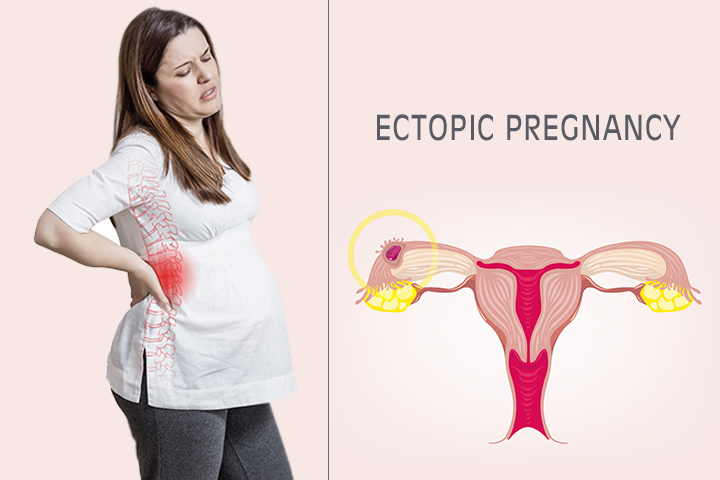Once fertilized in the fallopian tube, the egg travels to the uterus where it attaches itself to the said organ’s lining. It will stay there while developing and growing, until it is ready to be delivered to the outside world 9 months after. There are instances wherein the fertilized egg attaches itself to another area such as the fallopian tube, cervix, or even the abdominal cavity. This condition is known as ectopic pregnancy.
Experts say that ectopic pregnancy can occur in 1 out of 50 pregnancies. If not provided with the appropriate treatment, the condition may wind up being a medical emergency. Aside from complications, prompt treatment may prevent a woman from having further ectopic pregnancies in the future.
Causes of Ectopic Pregnancy
It is not really clear what causes ectopic pregnancy to strike. However, there are certain conditions that are associated by medical authorities with the problem. Some of them include:
• Genetic abnormalities
• Birth defects
• Hormonal factors
• Swelling and scarring of the fallopian tubes due to a surgical procedure or an infection
• Medical condition that affects the shape and functioning of the female reproductive organs
All of the things mentioned above may have an effect on the transportation of the fertilized egg from the fallopian tube to the uterus. During the process, the fertilized egg ends up elsewhere such as in the fallopian tube itself or cervix. There are instances too wherein the fertilized egg winds up in the abdominal cavity.
It is said that all women who engage in sexual intercourse are at risk of ectopic pregnancy. There are also other things that can increase the likelihood of the problem to occur, such as:
• Smoking
• Being pregnant at 35 or older
• Pregnancy assisted by medical procedures or fertility drugs
• Conception despite of having intrauterine device (IUD) or undergoing tubal ligation
• Having a history of pelvic inflammatory disease, endometriosis, STDs and ectopic pregnancy
• Undergone multiple abortions or abdominal or pelvic surgery
• Presence of structural abnormality in the fallopian tubes
It’s very important for a woman who wants to get pregnant but has the above risk factors to talk to her doctor or a specialist in fertility. Doing so may help reduce the chances of her having an ectopic pregnancy.
Signs and Symptoms of Ectopic Pregnancy
Ectopic pregnancy and intrauterine pregnancy (the embryo is implanted properly in the uterus) both cause nausea and tenderness of the breast. However, a woman with ectopic pregnancy may also experience:
• Dizziness
• Fainting episodes
• Pressure in the rectal area
• Light to heavy vaginal bleeding or spotting
• One-sided severe abdominal pain
• Sharp pain in the pelvis, abdomen, shoulder or neck that come in waves
A woman who is pregnant and experiences the symptoms mentioned above should immediately seek the help of a doctor. Ectopic pregnancy, especially when symptoms are present, is regarded as a medical emergency.
Ectopic Pregnancy Complications
Someone with ectopic pregnancy should receive medical treatment right away. Otherwise, internal bleeding may occur, such as during the rupturing of the fallopian tube, and this could put the life of the pregnant woman in danger.
Treatment for Ectopic Pregnancy
There are different treatments for ectopic pregnancy, depending on its location and development. After checking, a doctor may recommend the most appropriate treatment.
Administration of certain medications may be done in order to prevent the bursting of the ectopic mass. One usual medication prescribed is something that slows down the multiplication of cells that rapidly develop, such as those that are found in the ectopic mass. The medication may cause symptoms resembling those of a miscarriage, such as abdominal cramping and bleeding, as well as the expulsion of tissue. All of these things signify that the treatment is a success.
Surgery is another commonly performed medical treatment. In this approach, the developing embryo is surgically removed. Repairing any damage to the reproductive organs of the woman is also done during the procedure. If the fallopian tube is severely affected by the ectopic pregnancy, it may have to be removed by the surgeon.














